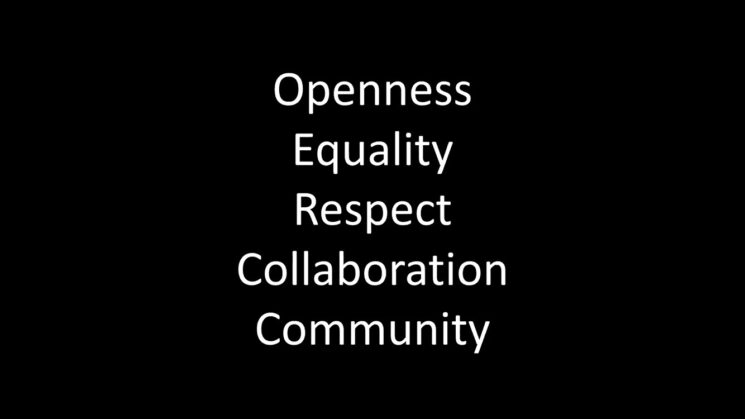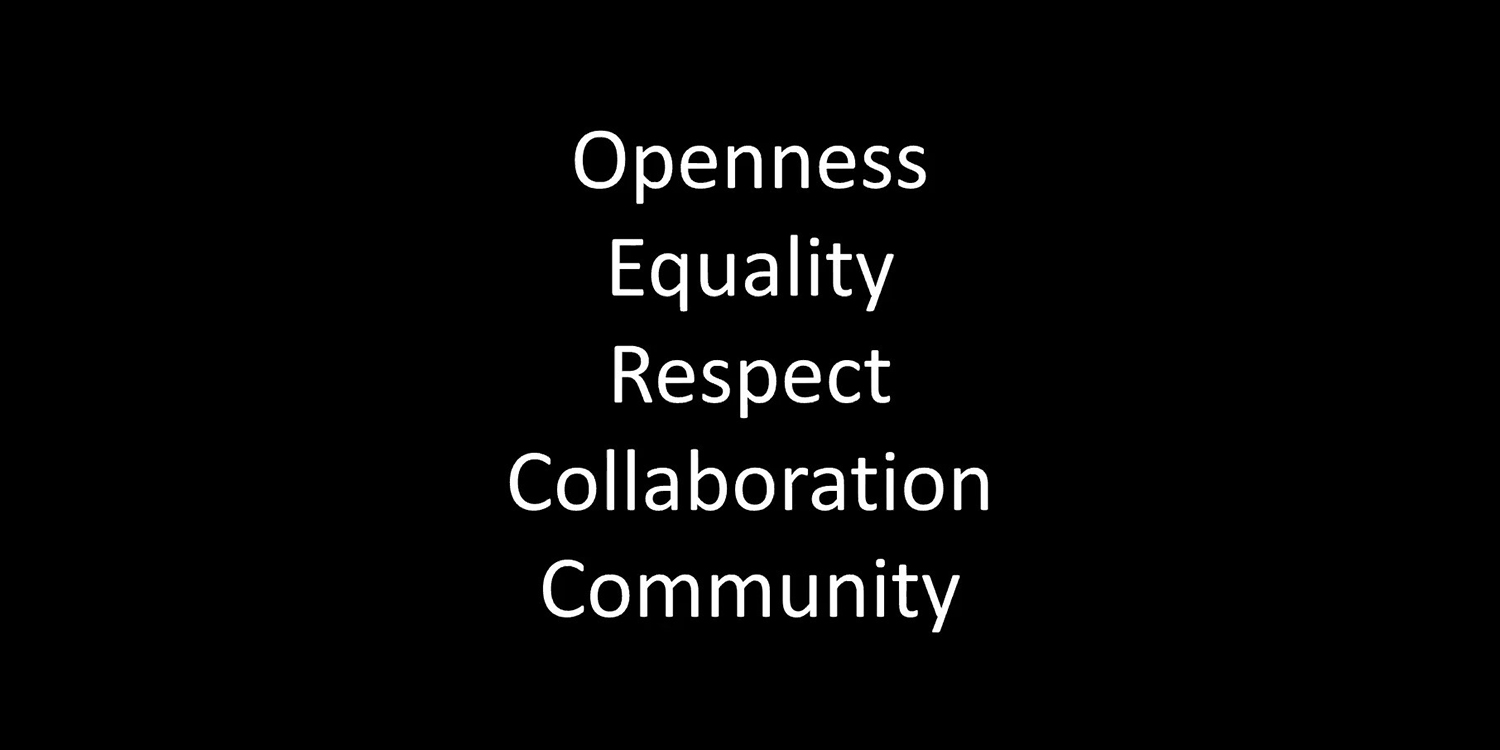

DIYbio Philosophy: https://sphere.diybio.org/about/philosophy/
The following reflection was part of a special GES colloquium held on June 5, 2020, discussing the new USDA regulations on GM crops. Which was held in the midst of national protests against police brutality. They are my personal reflections in support of #blacklivesmatter and the systemic racism and inequalities seen throughout our institutions.
I want to reflect upon the thousands, if not millions, of people marching in the streets of America calling for racial justice and equality. In the midst of a pandemic that has laid bare the economic and health disparities in this country, and a government that has been trampling on people’s rights, further dissolving our trust in our institutions and one another.
I struggle to understand the silent and systemic racism that my partner is confronted with every day because of his skin color. Against the privilege I have grown up with, and still benefit from, simply based upon my skin color.
While it may not seem that a USDA rule regulating GMOs connects to this, I believe it does. It speaks more broadly to the inequalities about who gets to participate in the development and oversight of science and technology and whether or not “we” trust those making decisions.
The USDA’s mission is to provide economic opportunity through innovation, helping rural America to thrive; to promote agriculture production that better nourishes Americans while also helping feed others throughout the world; and to preserve our Nation’s natural resources through conservation, restored forests, improved watersheds, and healthy private working lands.
I currently sit here at North Carolina State University, a public land-grant institution, founded in 1887, with the belief that colleges should not be reserved for a select few and that the children of farmers, mechanics and other workers should have access to the opportunities and benefits of higher education.
NCSU will soon open the Plant Science Initiative, with a $160 million dollar facility, whose website states: We are bringing together the brightest minds in academia, government and industry to drive vital research and innovation that increases crop yields, creates new varieties, extends growing seasons, enhances agricultural and environmental sustainability, and produces new and improved technology. All valuable and honorable goals.
But imagine for a moment, if the focus was instead on small, underserved farmers and communities, helping to bridge the gap of food insecurity, economic fairness and expanding access to science and innovation pipelines by providing opportunities for those left out. Enabling them to participate in the research, training and innovation. In order for them to create “new varieties, extend growing seasons, enhance agricultural and environmental sustainability, and produce new and improved technology.”
I cannot say that local farmers, or those traditionally left out of the innovation pipeline, were to be directly involved in the development of genome editing, if it would help achieve greater trust amongst consumers around GMOs. But what I do know, is what we are currently doing is not working to build that trust. Nor is it addressing the inequalities in, and access to, science and technology.
I am often asked about the DIYbio community; what it is, why it matters, is it safe, and why should everyday citizens be able to use these technologies. My answer, or question really, is quite simple: Why should the science and technologies that are built upon public dollars, at public institutions, be limited to industry and those with privilege?
The DIYbio community operates by the following principles: openness, equality, respect, collaboration, and community. My hope is that as we continue to advance our understanding and use of genome editing, along with the further development of science and technology, that our governments, public institutions, and governance systems, better reflect those principles.
We, who have been given the opportunity, responsibility, and honor, to educate; must do better to alleviate the social injustices, unequal power dynamics and economic inequalities that are gripping our society and are all too prevalent throughout our institutions.
We, as people in positions of power and privilege, and who have the capacity to influence science, technology and the governance systems that oversee them, must do better.
Then, and only then, can we begin to have an honest, equal, fair, and transparent conversation about how science and technology is developed, governed and used.
We Must Do Better.